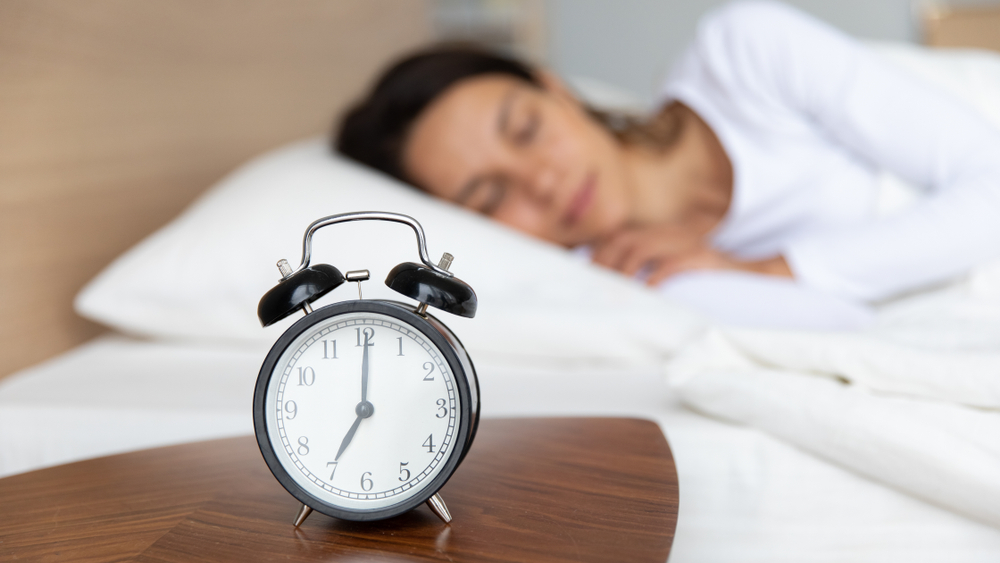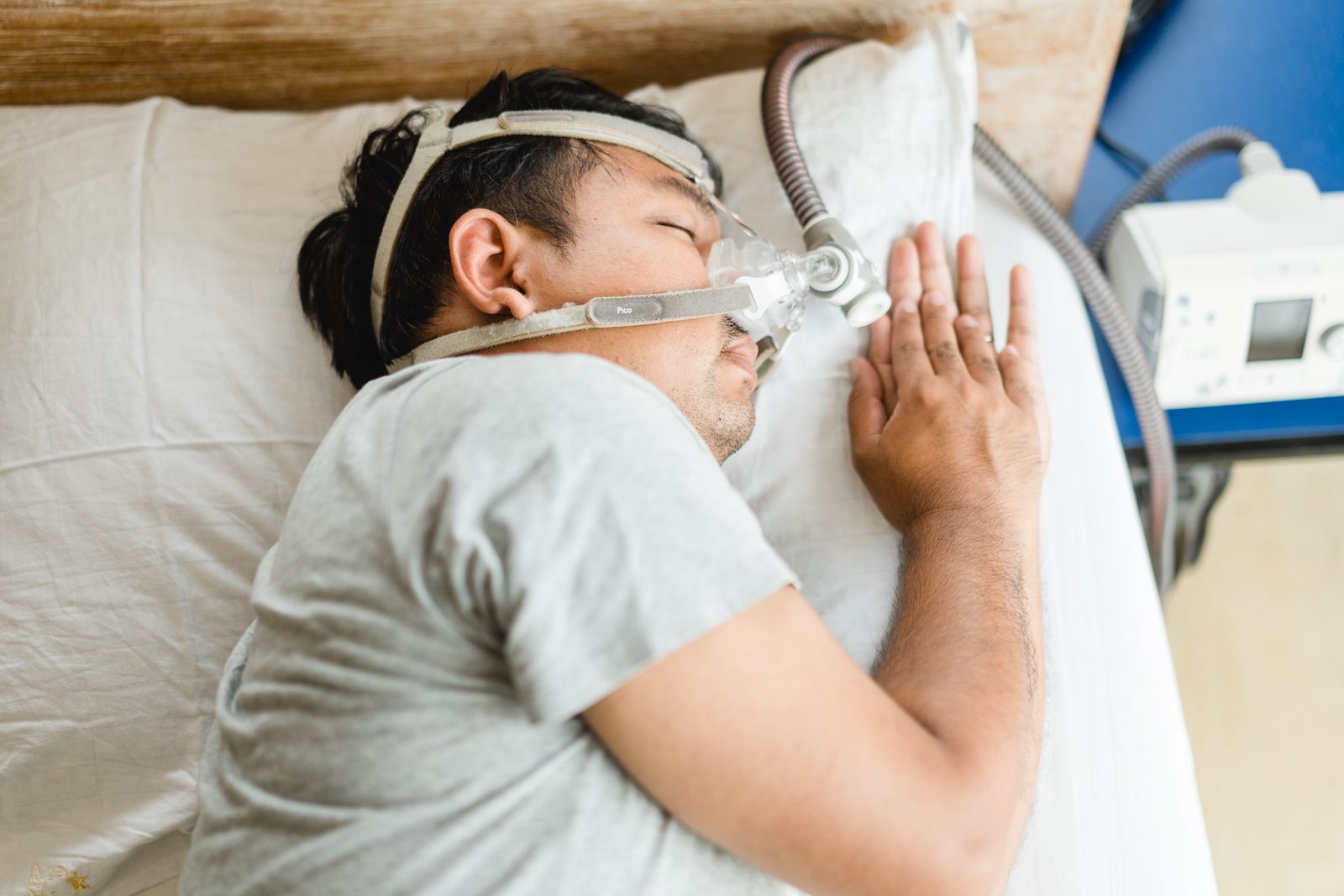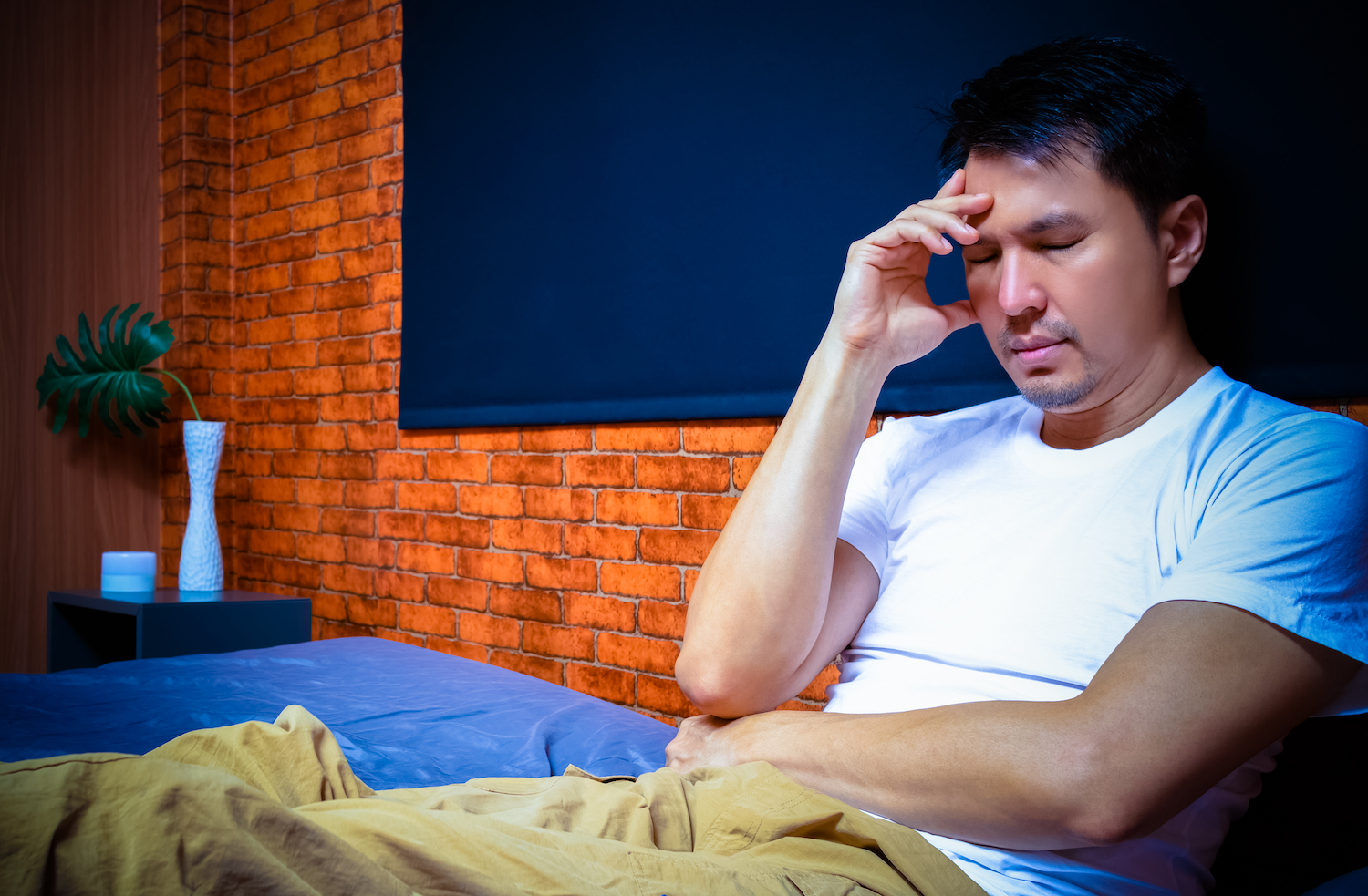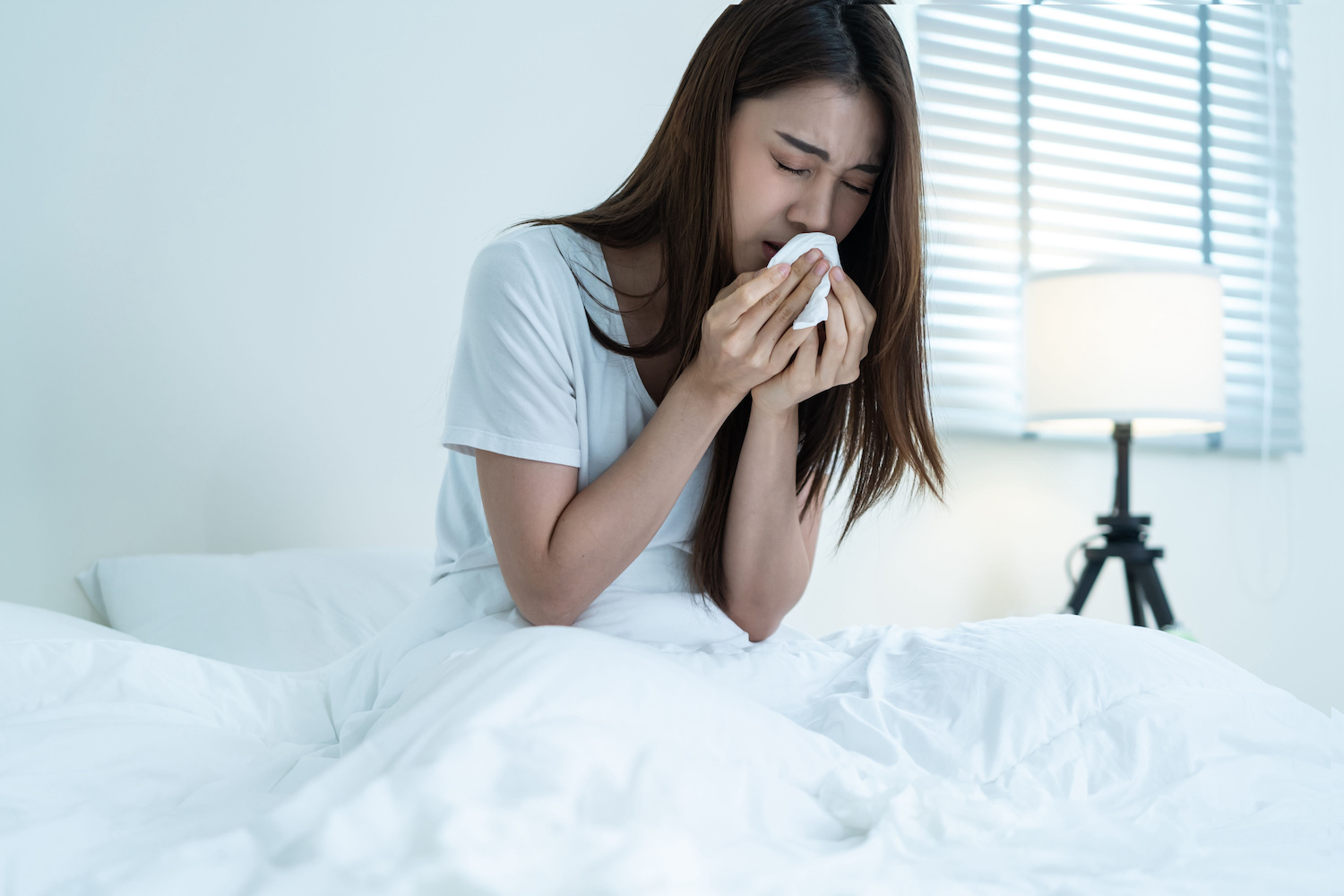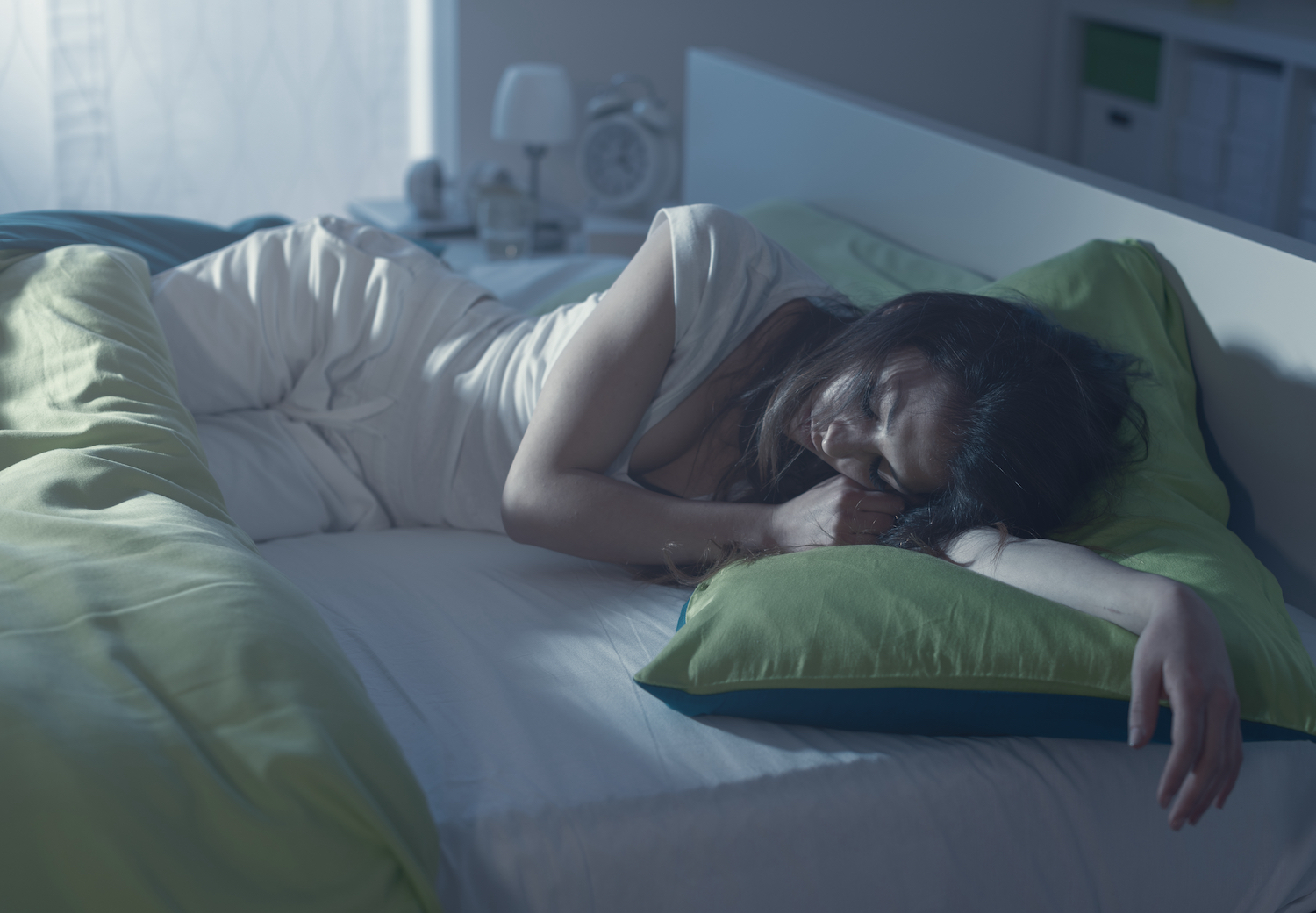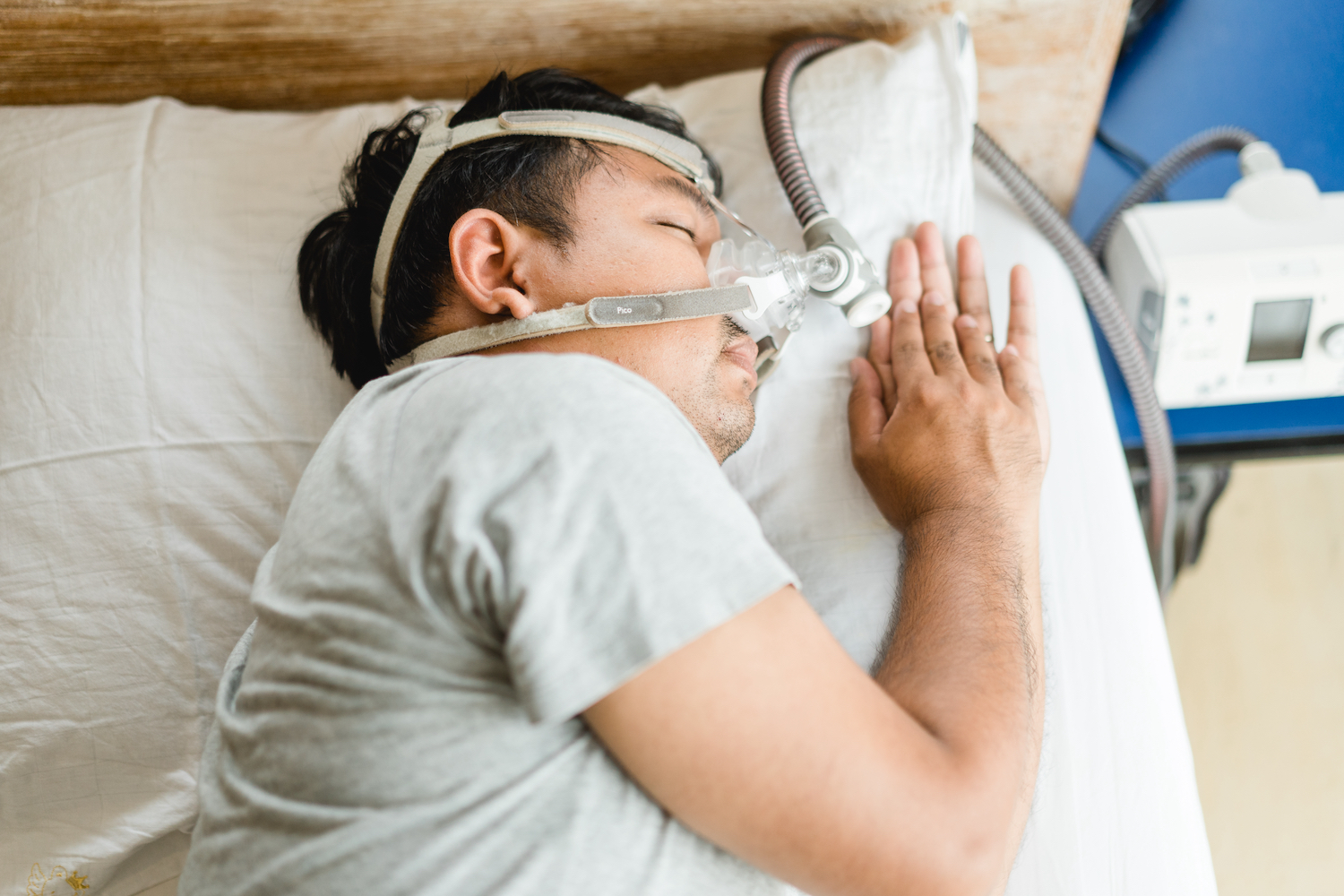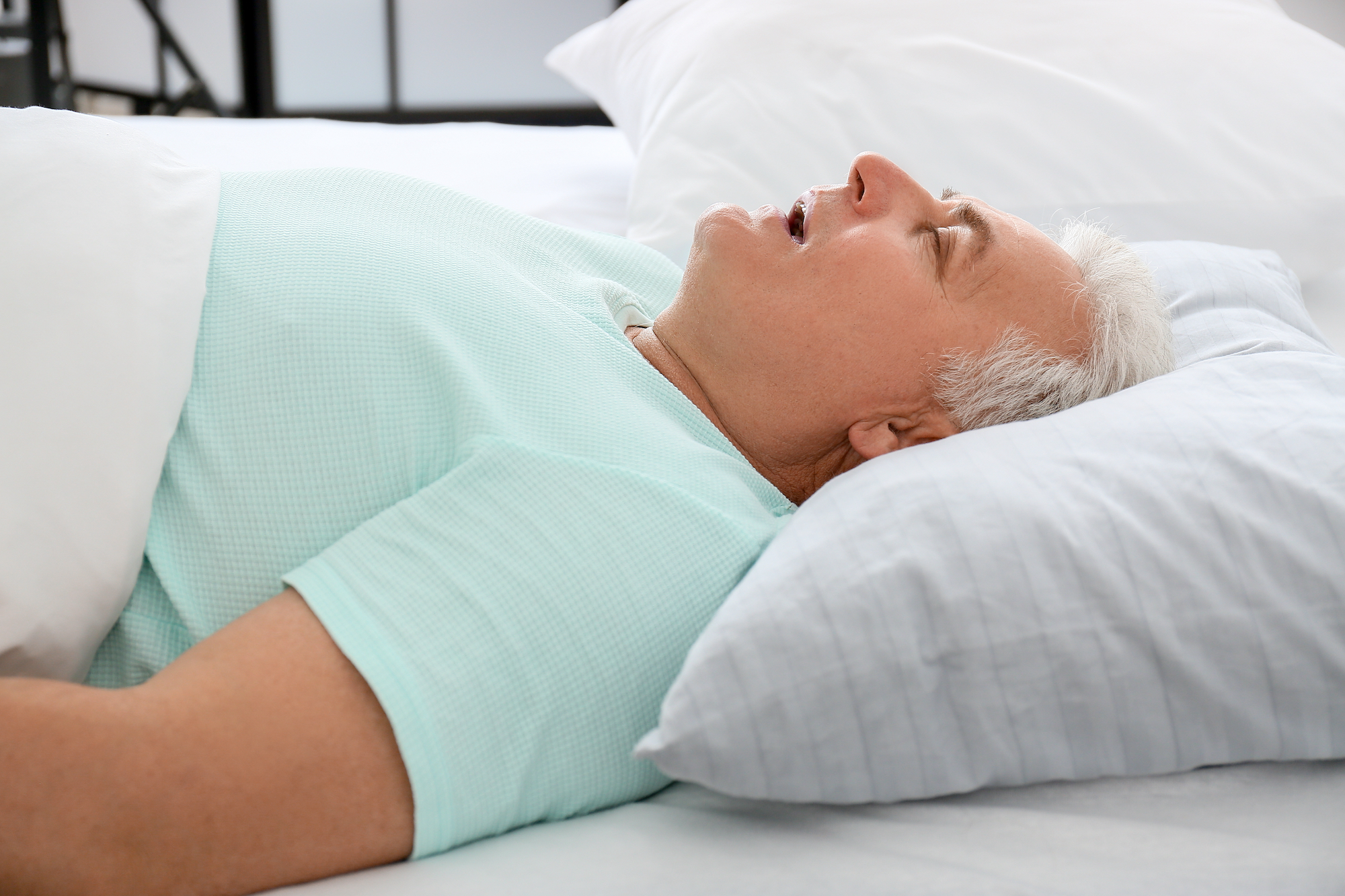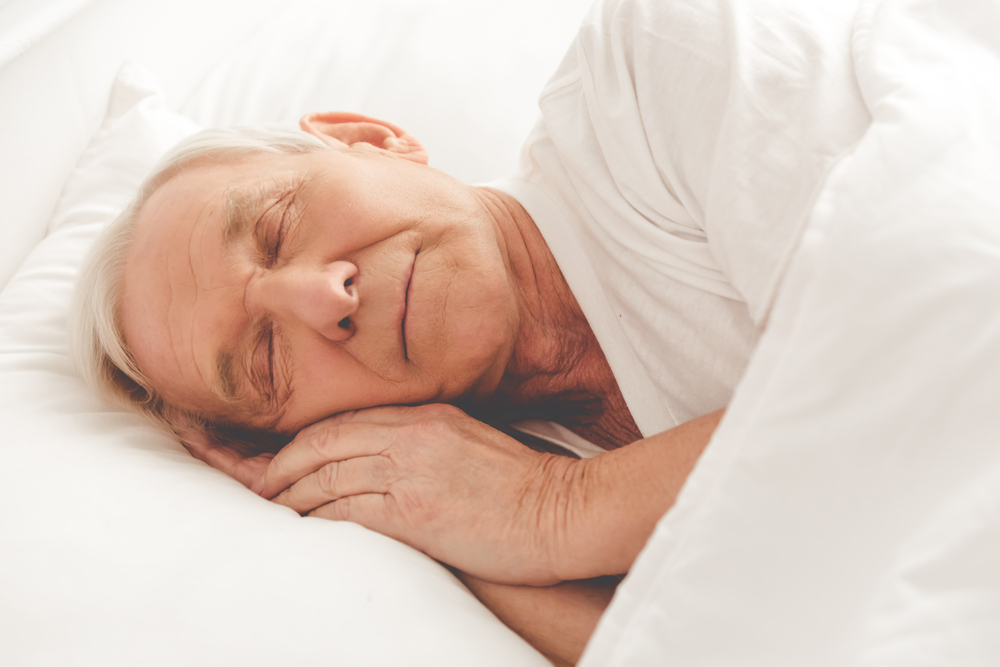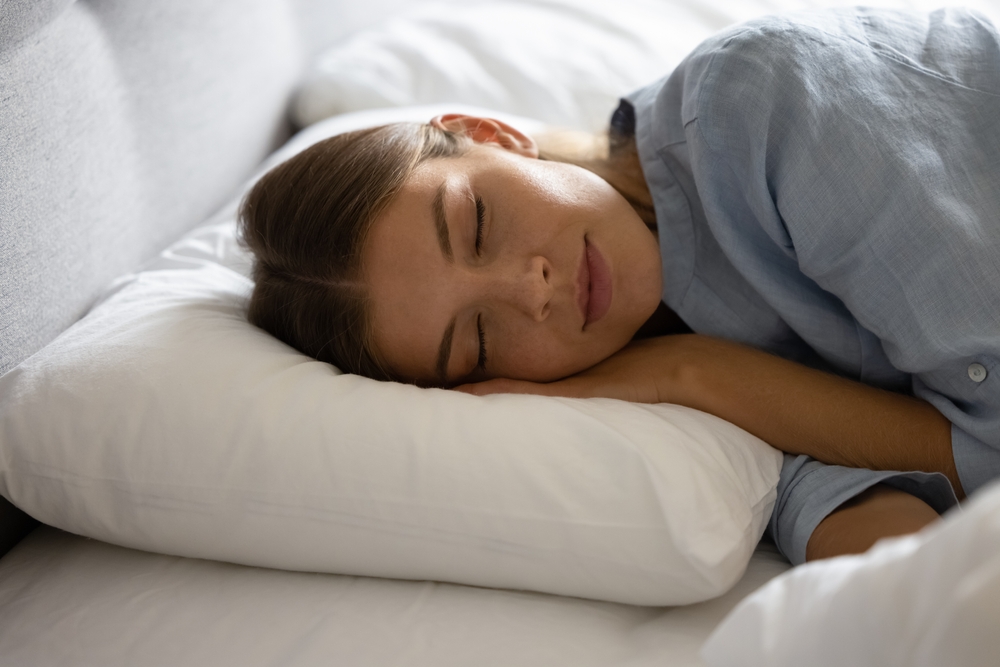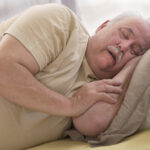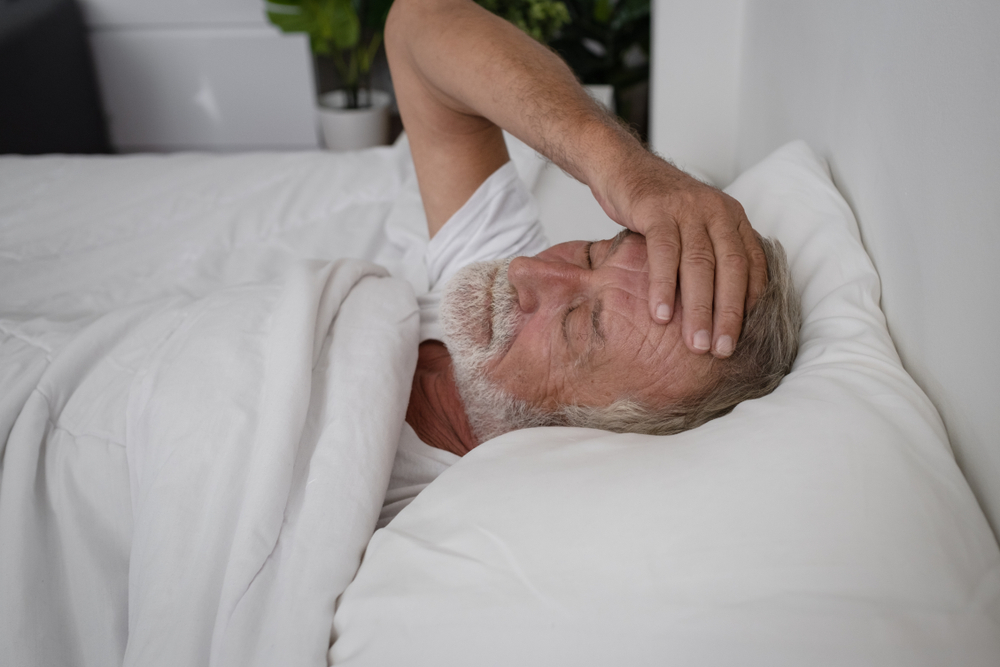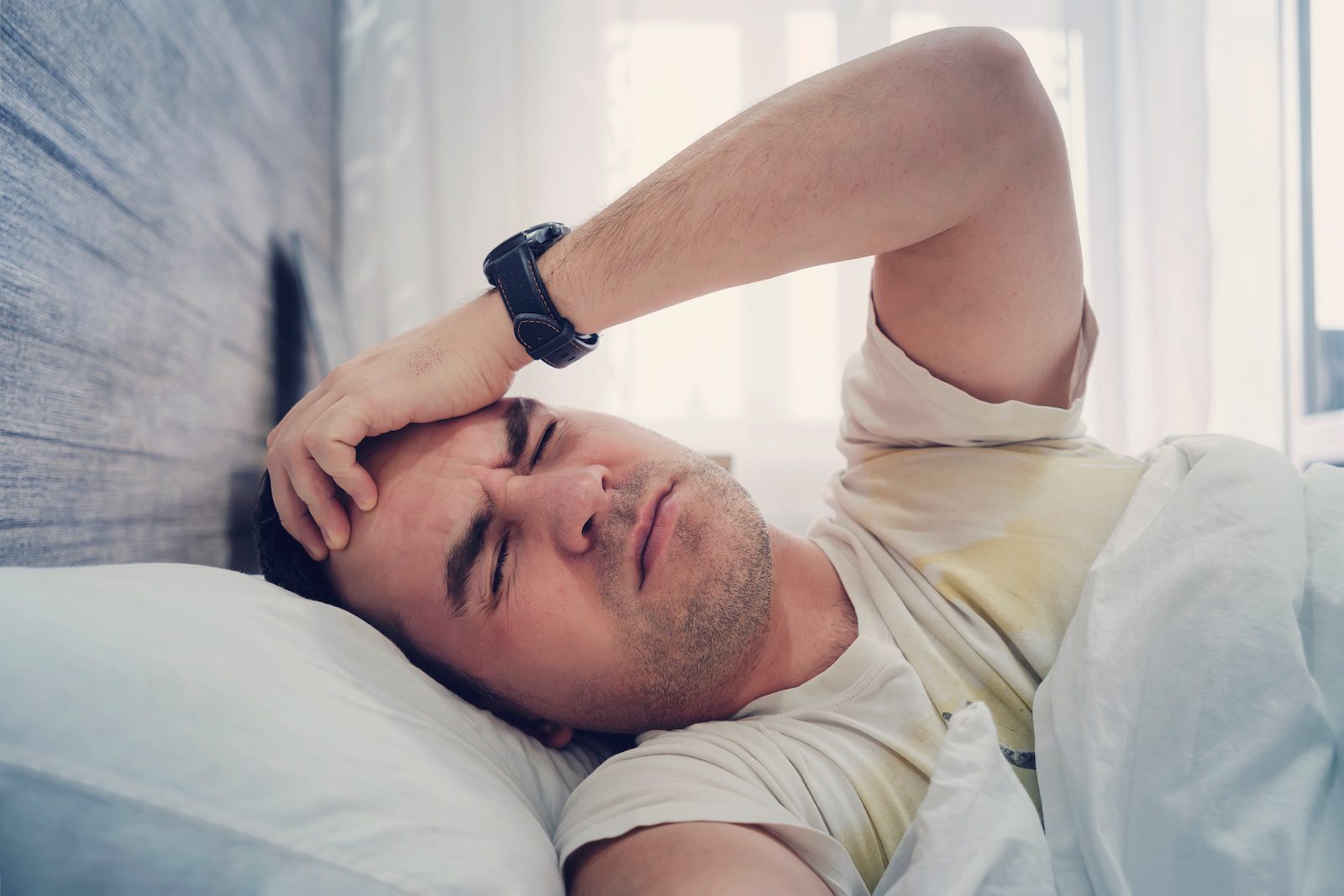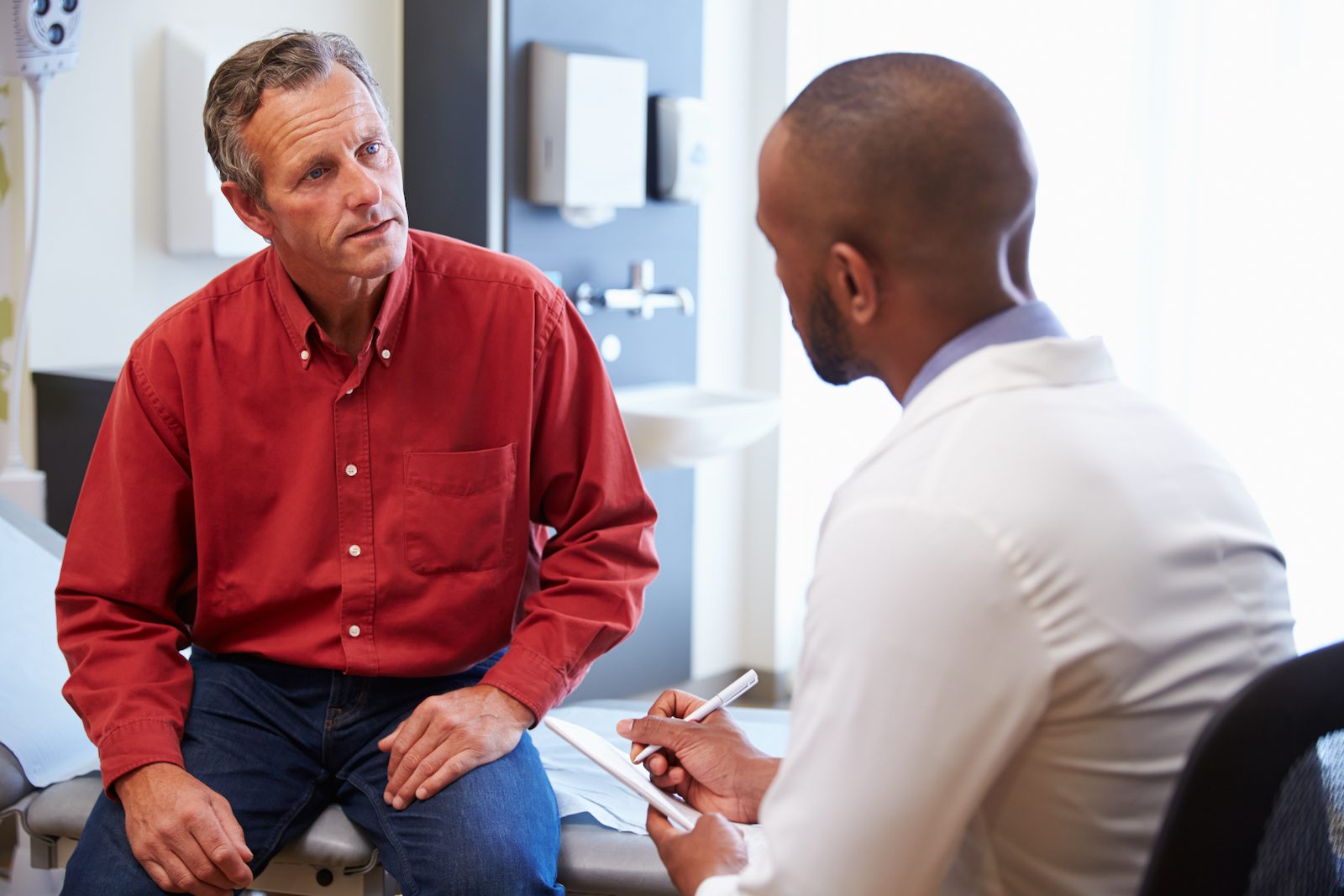Alcohol slows down the central nervous system and can negatively affect breathing while you sleep. Research has found that drinking alcohol may contribute to sleep apnea, a disorder involving recurrent disturbances in breathing during sleep.
Knowing about the connection between alcohol and sleep apnea can help you optimize your nightly rest.
The Connection Between Alcohol and Sleep Apnea
Alcohol consumption can exacerbate and may even cause sleep apnea, but more research is needed to know exactly how alcohol contributes to the initial development of the condition.
Obstructive sleep apnea (OSA) is the most common type of sleep apnea and occurs when the airway becomes partially or completely blocked during sleep. In people who already have sleep apnea, drinking alcohol can make the symptoms worse.
After consuming alcohol, breathing reductions may last longer and occur more often, increasing the severity of OSA. This can lower blood oxygen levels, which may contribute to a higher risk of serious cardiovascular complications from OSA.
From existing research, it is not yet clear if drinking alcohol can directly cause OSA. Although studies have found clear correlations between alcohol intake and OSA, these studies don’t prove that alcohol causes a diagnosis of OSA.
Drinking alcohol can worsen another type of sleep apnea called central sleep apnea (CSA). CSA is caused by miscommunication between the brain and the muscles that control breathing, and because of alcohol’s effect on the nervous system, it may exacerbate CSA.
How Alcohol Can Affect Sleep Apnea
Alcohol affects the body in a number of ways that can make OSA worse.
- Reduced muscle tone: Alcohol can cause slackening of muscles in the mouth and throat, allowing them to sag into a position that blocks the airway.
- Difficulty awakening: When breathing is obstructed during sleep, a person has to briefly awaken to reestablish their respiration. The body doesn’t react as quickly after drinking alcohol, prolonging disturbances in breathing in people with OSA.
- Nasal blockage: Blood flow changes linked to alcohol consumption can make the nose stuffed up and worsen OSA.
- Weight gain: Regular alcohol intake can contribute to weight gain, which is associated with narrowing of the airway and OSA.
As a central nervous system depressant, alcohol can slow down the drive to breathe and make symptoms worse for people with central sleep apnea.
How Alcohol Impacts Other Sleep Problems
Alcohol is widely recognized as having negative impacts on sleep. Drinking alcohol can interfere with sleep stages, making sleep less restful and worsening daytime drowsiness.
Alcohol consumption heightens the risk of snoring by loosening the tissue in the airway, which then rattles when breathing during sleep and also leads to further narrowing of the airway due to said relaxation. In addition, alcohol can reduce breathing rate, worsening conditions involving slow breathing, known as hypoventilation.
Tips for People With Sleep Apnea
If you have sleep apnea, certain steps may help avoid the impacts of alcohol on your breathing during sleep.
- Eliminate evening alcohol intake: The most sure-fire way to avoid harmful effects of alcohol on sleep apnea is to completely avoid alcohol in the hours before bed.
- Drink in moderation: Drinking less may reduce the impacts on your sleep.
- Be consistent about sleep apnea treatment: Treatment for OSA, such as with a CPAP machine, can dramatically improve your sleep, reduce disturbances in breathing, and decrease the risks of health complications from OSA.
- Talk to your doctor: Consult with your doctor about an appropriate level of alcohol consumption, especially if you have continuing or worsening symptoms of sleep apnea. Your doctor can provide helpful tips to enhance your sleep and discuss options for sleep apnea treatment.
Still have questions?
Sleep apnea products can be confusing. If you need individualized assistance, send us an email at [email protected] with your questions and we'll help find the best fit for you.



